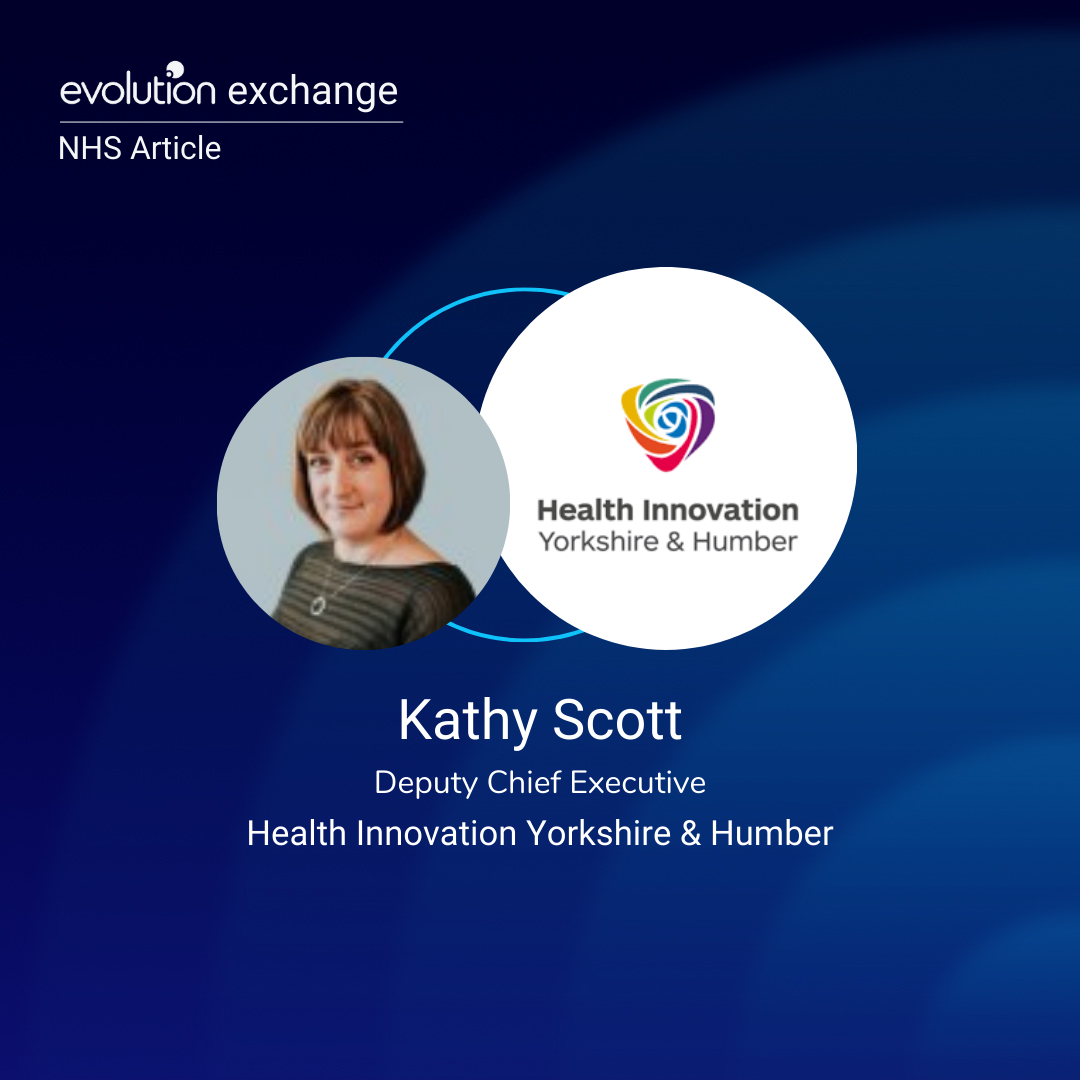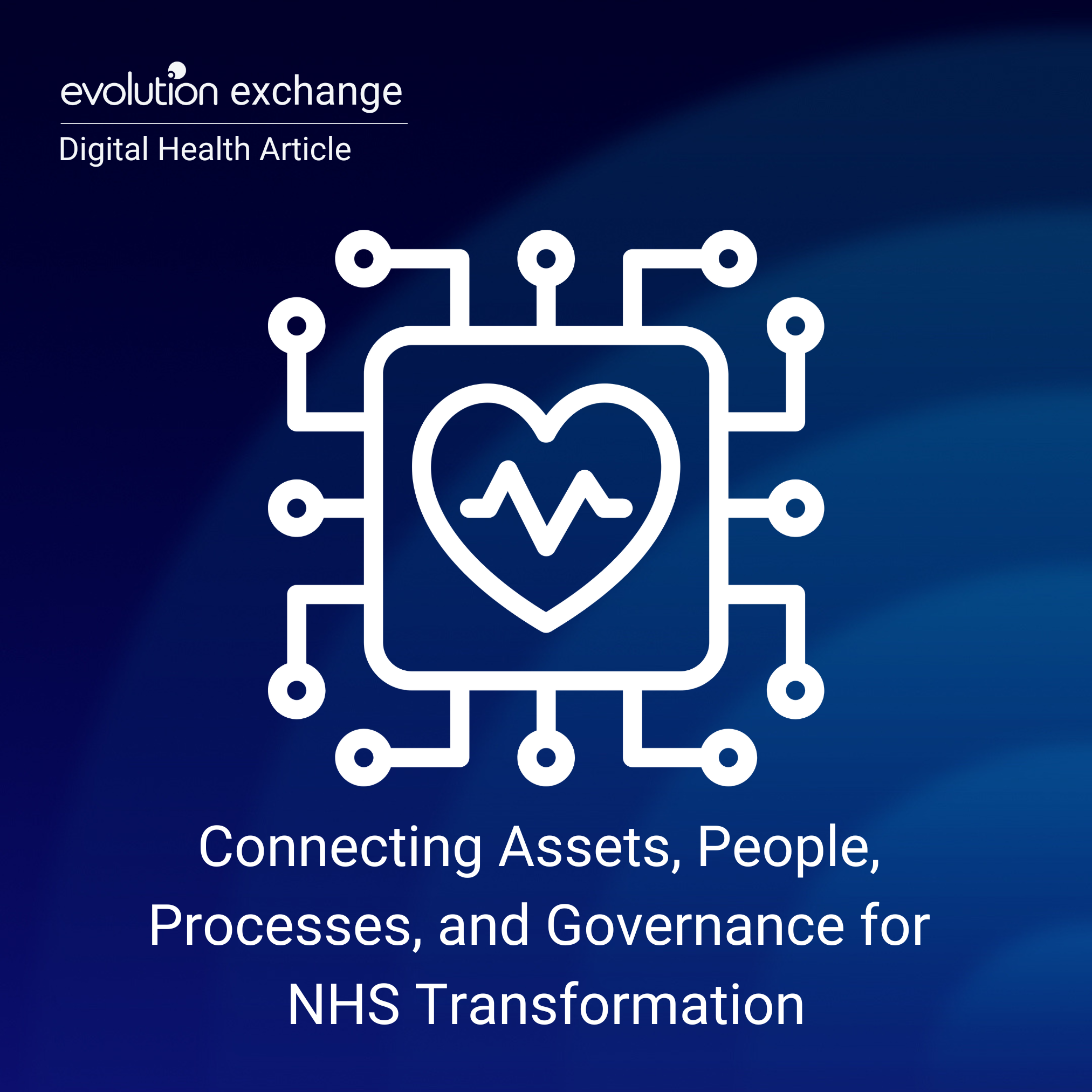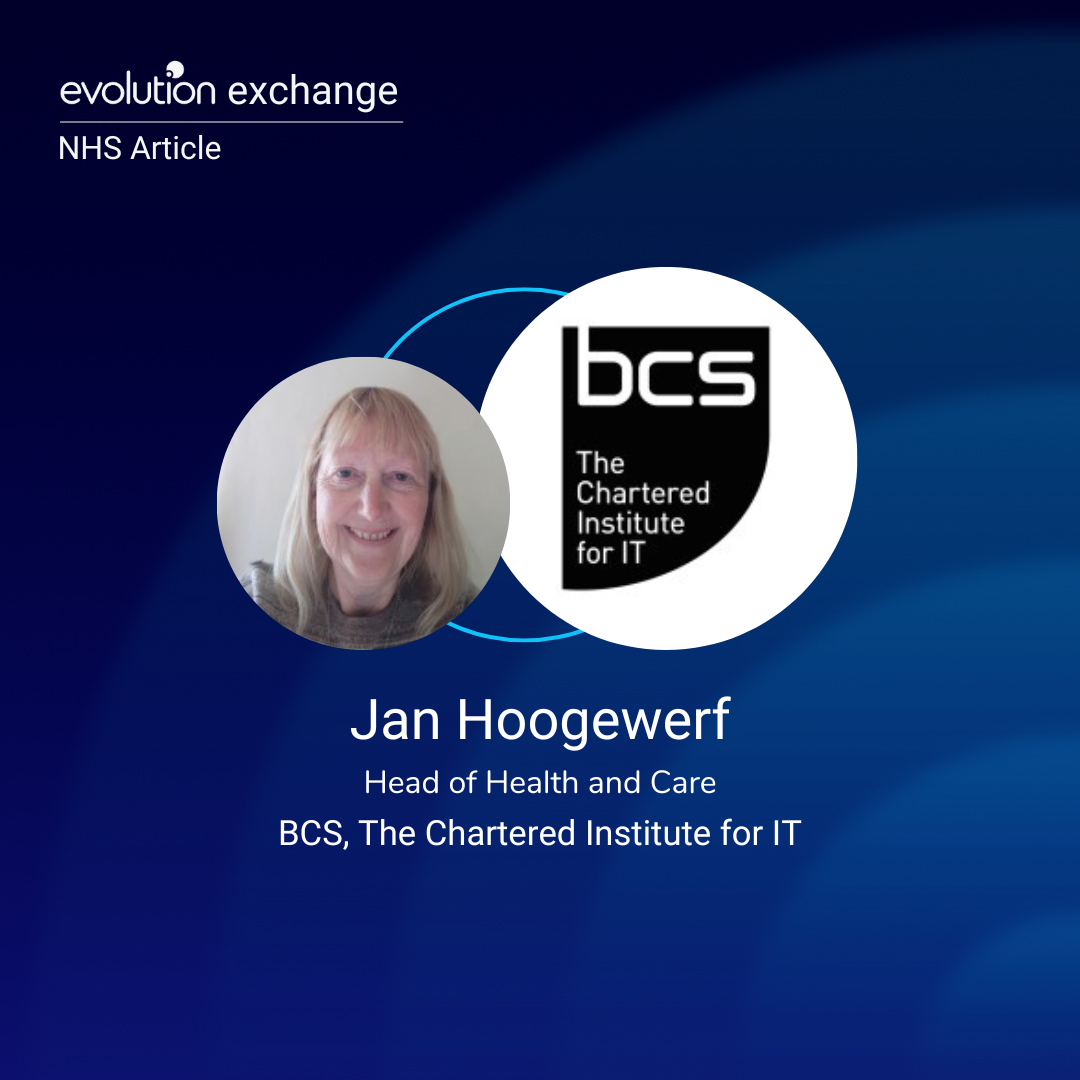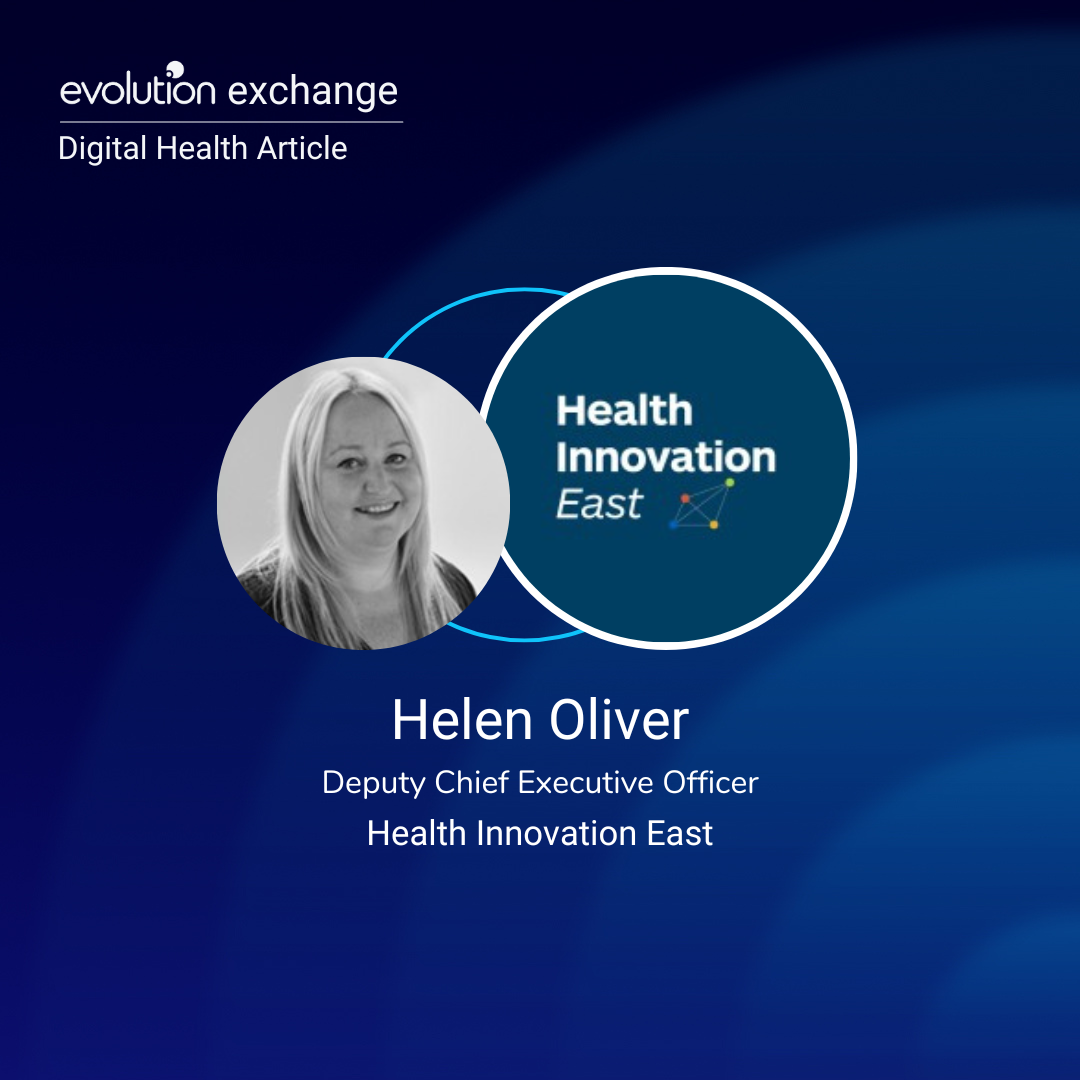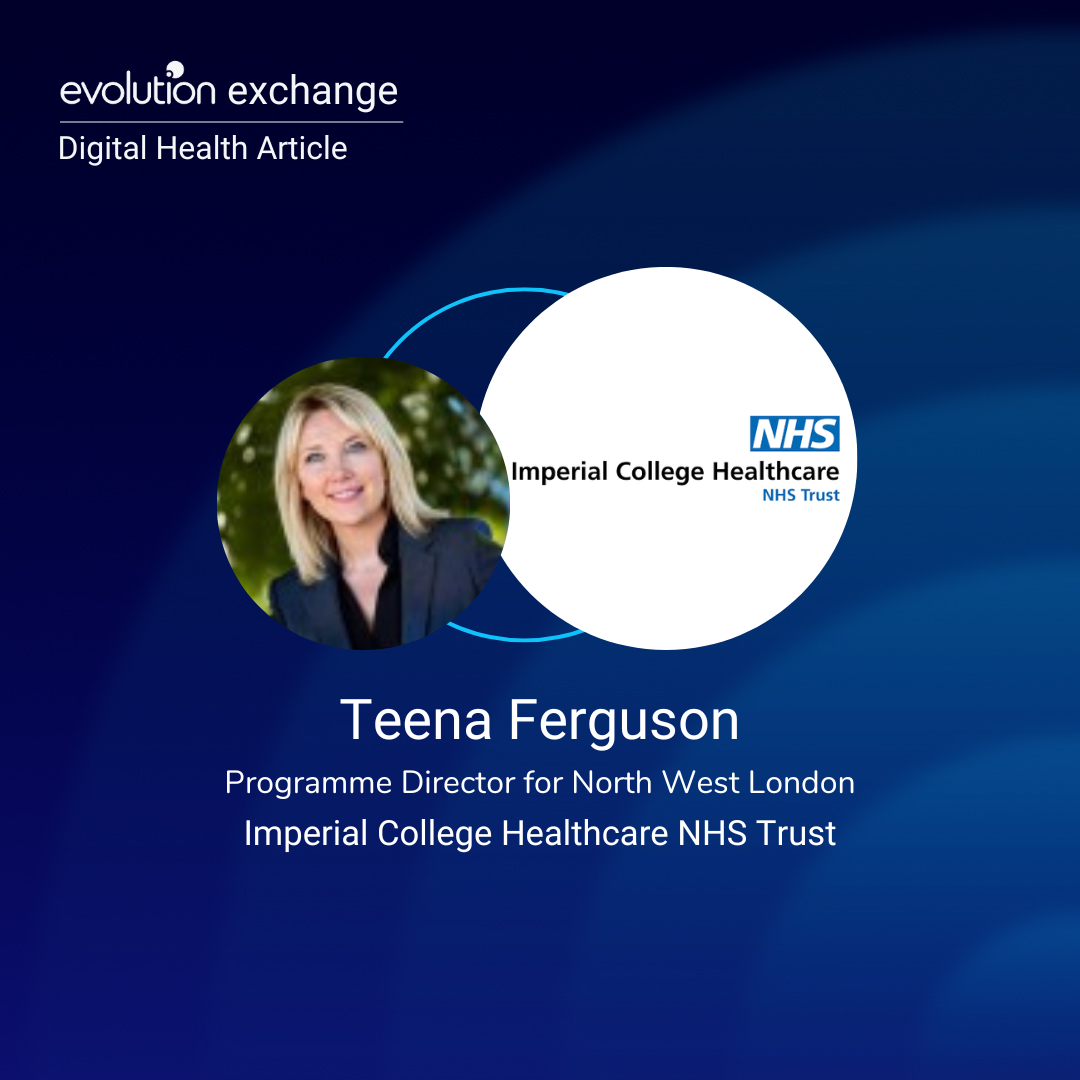Early Civil Service Days Build Strong Foundation
Kathy Scott began her career in the civil service, starting as an administrative officer in a job centre. As she recounts, “I was basically calculating claims for benefit and actually I really enjoyed that. It was a really useful grounding in in how to manage people.” This early role gave her valuable experience in dealing with emotional situations and difficult conversations.
From the job centre, Kathy moved into fraud investigation and then eventually over to the Department of Health, taking on more senior roles and working on varied projects. As she puts it, “the civil service was a really, really good place for family friendly oriented policies. It was really interesting work that gave you a level of security because you could move from one department to another but still retain your civil service terms and conditions.” Most importantly for her, “it was very developmental.” The civil service provided ample room for skills-building and growth.
As Kathy reflects, “I was able to build up a whole load of skills that I would never have had in any other organisation.”
Stepping into Health Innovation
After progressing up the ranks in the Department of Health and then moving to NHS England as Head of Innovation and Research, Kathy took on a deputy CEO role at Health Innovation Yorkshire and Humber. She describes the organisation’s purpose as: “we exist to support innovators to develop products that the NHS needs and we support the NHS to take up new stuff more quickly. So we have a dual role.”
As a self-described generalist focused on “whatever I need to do to make stuff happen,” Kathy finds the health innovation space surprisingly fulfilling:
“I absolutely love it. It’s a bit of a surprise to find myself in in the health tech space. But I absolutely love it.”
When asked what motivated her through all her career moves, she emphasises the chance to create positive impact:
“Being able to sit where I do now and oversee some implementation of innovation that will help people manage their cholesterol better, have better life chances, get diagnosed with conditions quicker. It really, it really motivates you to get up in the morning.”
Confidence Can Be Learned
A theme running through Kathy’s career journey is a lack of self-confidence, which she has had to actively work to improve. She admits with candour:
“It’s not in the past. It never stops. There isn’t a day that goes past when I don’t worry that someone is wondering why I’m in the room.”
To build confidence, she focused on preparing thoroughly, playing a role, and learning by doing. One pivotal piece of advice she received was: “People react to what they see. So if you walk into a room and you act confidently, people will assume you are confident and they will treat you accordingly.” As she notes wryly, “I’ve just got better at faking it.”
Other key confidence boosters for Kathy were getting coaching, talking to female leaders to understand their self-doubt, and giving public talks to realise “they feel just the same as you and I do about stuff. And there’s not some secret skill that you will never, ever get.” Her message to other aspiring leaders is:
“Nobody knows what’s in your head except you. They’ll only see what you show them and they’ll react accordingly. Show them the confident you.”
Generosity and Supporting Other Women
Given her own trajectory, Kathy is passionate about supporting other women in health and technology. On the shocking gender imbalance in startup funding, she comments: “Only 2% of the funding available to startups goes to women led startups. And we know the reasons why.”
Kathy asks: “for those people who are interested in the health tech space, how can we collectively join together and change some of the infrastructure that causes this to happen?” Part of the solution lies in removing biases in funding panels and pitch processes.
More broadly, she aims to understand “how we can amplify what’s already going on” to boost women in the field. This includes initiatives like supporting women entrepreneurs through accelerators like FemTech Focus.
In terms of her leadership approach, Kathy strives to create a generous, supportive environment where people can develop confidence through risk-taking. She tells her staff plainly: “It’s not whether or not you make mistakes…It’s how you react to it and how you put it right that matters.” This spirit of generosity emanates through her parting words of career advice:
“Be generous with your time. Be generous with your praise. Be generous with your feedback.”










